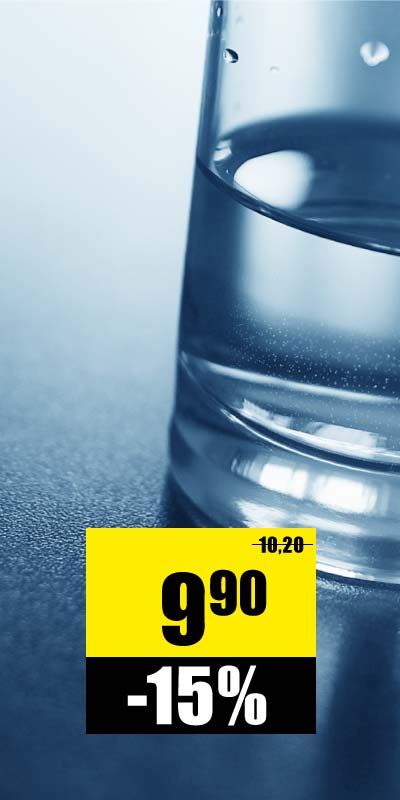NEWS - Getting clicks with others' suffering
Problematic reports on RTL.lu on the topic of suicide

Quell: Canva, Jugendinfo.lu
Trigger warning: RTL does not use trigger warnings. Even when it comes to the topic of suicide, RTL considers clicks more important than responsible reporting.
Reporting on the topic of suicide is a major challenge for press organizations. They have to weigh up whether it is really necessary to report on such cases. They have to be extremely sensitive about their choice of words and avoid mentioning details as much as possible – so as not to trigger a Werther effect. The Werther effect (named after „The Sorrows of Young Werther“ by Goethe) refers to a phenomenon in which people are more likely to commit suicide after hearing or reading about a suicide.
On the other hand, they should not make suicide a taboo topic either. The German „Suicide Prevention Program“ has drawn up Guidelines for the Press and describes, for example, that certain words should be avoided, such as the word „suicide“, because suicide is always the consequence of a psychological crisis and never what is referred to in criminal law as „murder“. The focus should be on reporting on the grief of those left behind and suicide should never be portrayed as generally understandable or consistent - because it never is.
Now, of course, „being sensitive to the use of words“ is not exactly RTL’s strong point. This is primarily due to RTL’s commercial orientation, which is actually supposed to fulfill a „public service“. A medium that collects clicks with photo galleries of car accidents, and defends this with the argument of the „duty to provide information“, is not expected to do particularly good work on the topic of suicide. So one can almost be happy when RTL hides the cause of death in cases of people from public life who die in a suicide attempt. This happened in one case in the last legislative term. But is a taboo the solution?
Problematic headlines - but lots of clicks
At RTL, there is once again no uniform line, no internal rules, no systematics or even just journalistic control of what is published. It therefore depends on the respective journalist whether the topic is treated sensitively and with the necessary effort. A more considered approach, such as in the RTL report from 2019 about a YouTube series by Stefan Lange, is unfortunately the exception on RTL. The rule is rather, even when it comes to the topic of suicide, to publish headlines that do one thing above all: generate drama.
The following examples are therefore not linked to the respective articles, but are exclusively articles that can be found on the rtl.lu site, and that in the short period of the last two months.
„Canadian allegedly sold thousands of suicide kits online“: This article describes a method for suicide, which is extremely problematic and which all experts have previously warned about.
„After being suspected in murder case: 25-year-old Eritrean commits suicide“: In this article and even in the headline alone, a suicide is linked as an understandable consequence to an alleged other action. However, a suicide is never a logical consequence, but always has complex and individual psychological reasons.
„Man shoots cashier in supermarket and then himself“: In this article, not only a femicide, but also a suicide is trivialized and romanticized as a „relationship drama“. (More).
What all these articles have in common is that they were probably copied and translated from press and AFP reports in a short time. RTL is all about having as much, as many and as clickable content on its site as possible. That is absolutely unnecessary.
This article is based on good tips that we received via post@rtl1.lu.
Anyone who feels that they are suffering from depression or find themselves in a hopeless life situation should not hesitate to seek help. Help is also offered by SOS Détresse: (+352) 45 45 45 and the children and youth telephone (+352) 11 61 11 as well as Prévention Suicide on their website: https://www.prevention-suicide.lu/

















